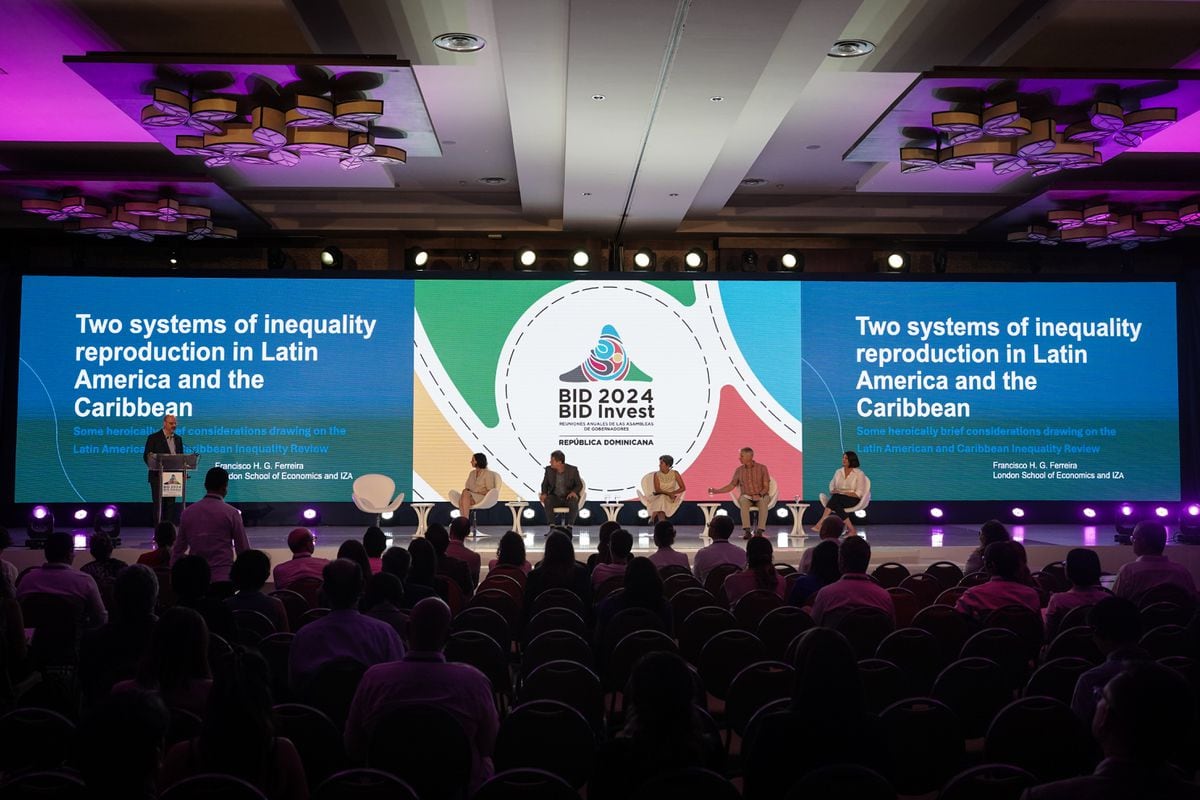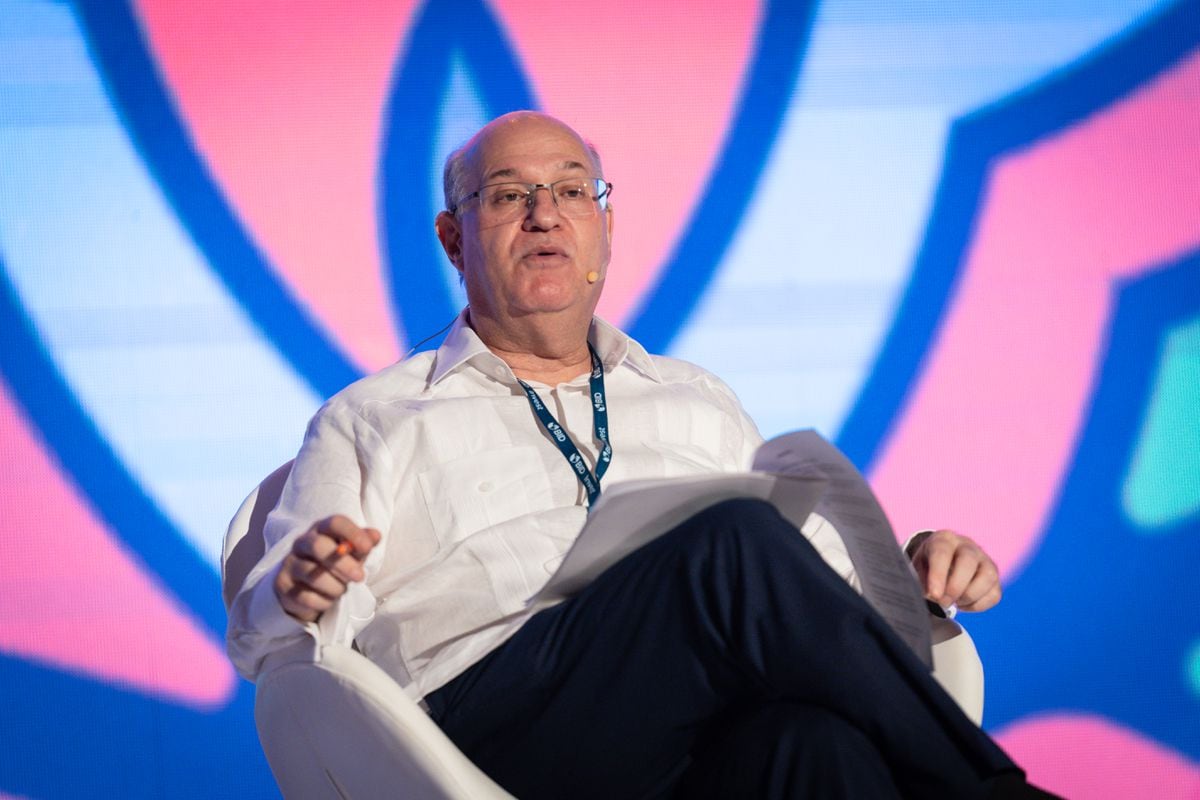Anyone who follows the messages of the Mexican president, Andrés Manuel López Obrador, in detail, could have been surprised on Monday when the president was upset by the result of the elections for the presidency of the Inter-American Development Bank (IDB).
López Obrador has spent the four years of his term discrediting, attacking or minimizing the work of multilateral organizations.
Why, now, does he seem so important to you?
The answer has more to do with his attempt to be a leader of the left in Latin America than with the IDB itself.
The results of the election on Sunday gave victory to Brazilian Ilan Goldfajn, former director for the Western Hemisphere of the International Monetary Fund (IMF), who was nominated by the Administration of President Jair Bolsonaro.
Halfway through Goldfajn's campaign for the IDB, Brazil held elections in which former President Luiz Inácio Lula da Silva was the winner.
Lula, as he is known, opted to continue Goldfajn's campaign, who ultimately secured the vote of 17 IDB member countries and won the presidency.
Goldfajn will occupy the position from December 19.
Goldfajn was the second announced candidate.
The first was the Mexican Alicia Bárcena, former executive secretary of the Economic Commission for Latin America and the Caribbean (Cepal).
After some politicians in the United States opposed Bárcena because of her sympathy with the left, the diplomat asked to withdraw from the race.
López Obrador, who had nominated her, said at a press conference that Bárcena chose to leave her to attend to health problems in her family.
With only a week left to campaign, López Obrador nominated economist Gerardo Esquivel.
For its part, the Government of Gabriel Boric, in Chile, nominated its own candidate, former Finance Minister Nicolás Eyzaguirre.
Argentina, also with a left-wing government, nominated its candidate before reiterating the contest hours before the election.
The result was devastating for Mexico, which finished in third place with only 8.2% support, which varies depending on the number of shares each member country has.
The US has 30% of the voting power, while Argentina and Brazil have more than 11% each.
Mexico has 7.3%.
Considering that Goldfajn won with 80% of the vote, it is very likely that he had the support of the US. The arithmetic points to the possibility that Argentina voted for Goldfajn, who, by the way, as an IMF official, was critical of the financing program granted by the IMF to the Argentine Government.
On Monday, at a press conference, López Obrador complained: "There is no change in the election of the IDB director, it is more of the same, it is what has been applied throughout the neoliberal period, they agree with the approval of the United States and thus they choose”.
Had Goldfajn run a single candidate representing the left throughout the region, Goldfajn would not have guaranteed such an advantage.
But after Bárcena's departure, the governments of Chile, Argentina and Mexico failed to line up behind a single candidate, weakening that possibility.
This break comes at a time when the left has been winning presidencies in Latin America in the last elections, including in Brazil, Peru and Colombia.
The election was intended to choose a representative of this new wave to head the IDB, which has traditionally been headed by a Latin American (with the exception of the American Mauricio Claver-Carone, postulated by Donald Trump, who was dismissed two years later). of his tenure).
That Argentina has not aligned behind Mexico is of particular interest as President Alberto Fernández and López Obrador have staged several close encounters promoting unity in the region and among leftist governments.
Fernández was scheduled to travel to Mexico this Friday for the Pacific Alliance summit.
What could be an uncomfortable meeting is now up in the air, after the host, López Obrador, proposed on Monday that the meeting take place in Peru, since the president of that country, Pedro Castillo, did not obtain authorization of his Congress to travel outside the country.
On the other hand, the media in Argentina report that Fernández will not attend on doctor's orders.
Although the pendulum in Latin America is swinging to the left right now, not all lefts are the same.
Boric, in Chile, has denounced human rights violations in Venezuela and Nicaragua, while Gustavo Petro, in Colombia, restarted diplomatic relations with his neighboring country.
In Mexico, López Obrador has fallen out with what he considers to be "conservatives," including feminists and environmentalists.
These are causes close to the governments of Fernández and Boric, respectively.
For left-wing governments in the region, Goldfajn's arrival at the IDB represents a failure at a time of opportunity to integrate the region.
Follow all the international information on
and
, or in
our weekly newsletter
.


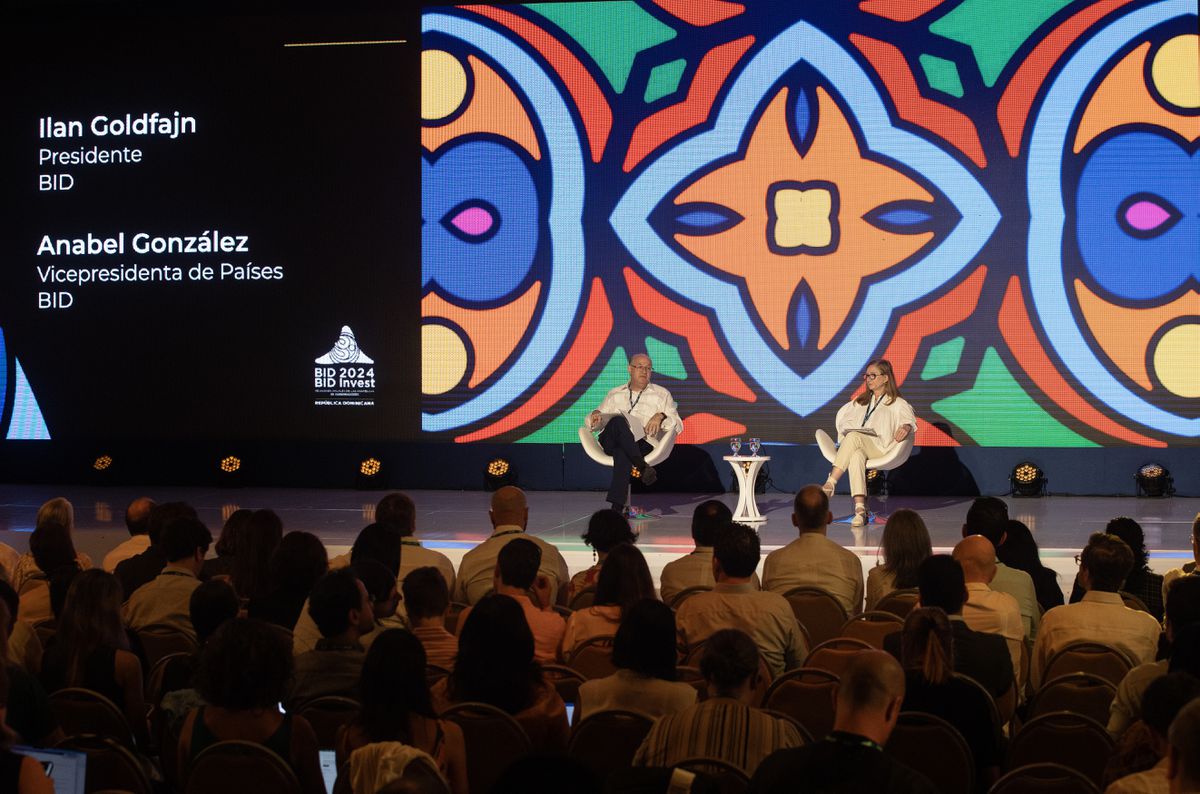
/cloudfront-eu-central-1.images.arcpublishing.com/prisa/2KVLLY26ZNGK3OCBRI676KYGKA.jpg)
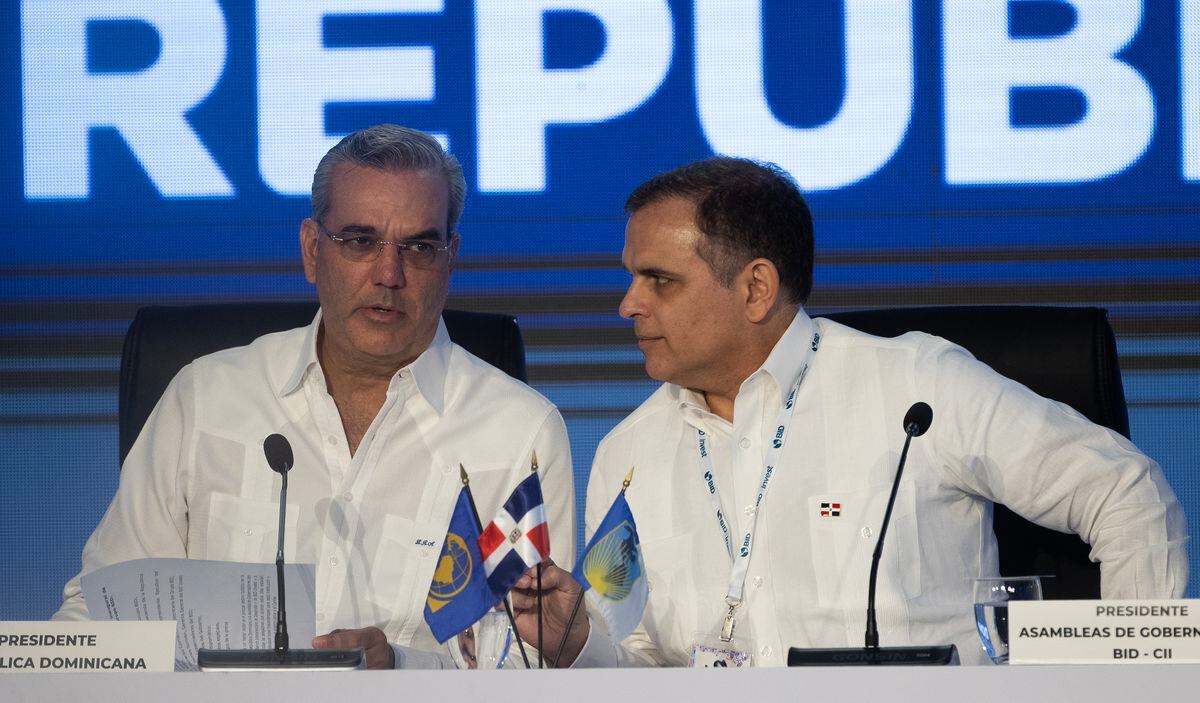
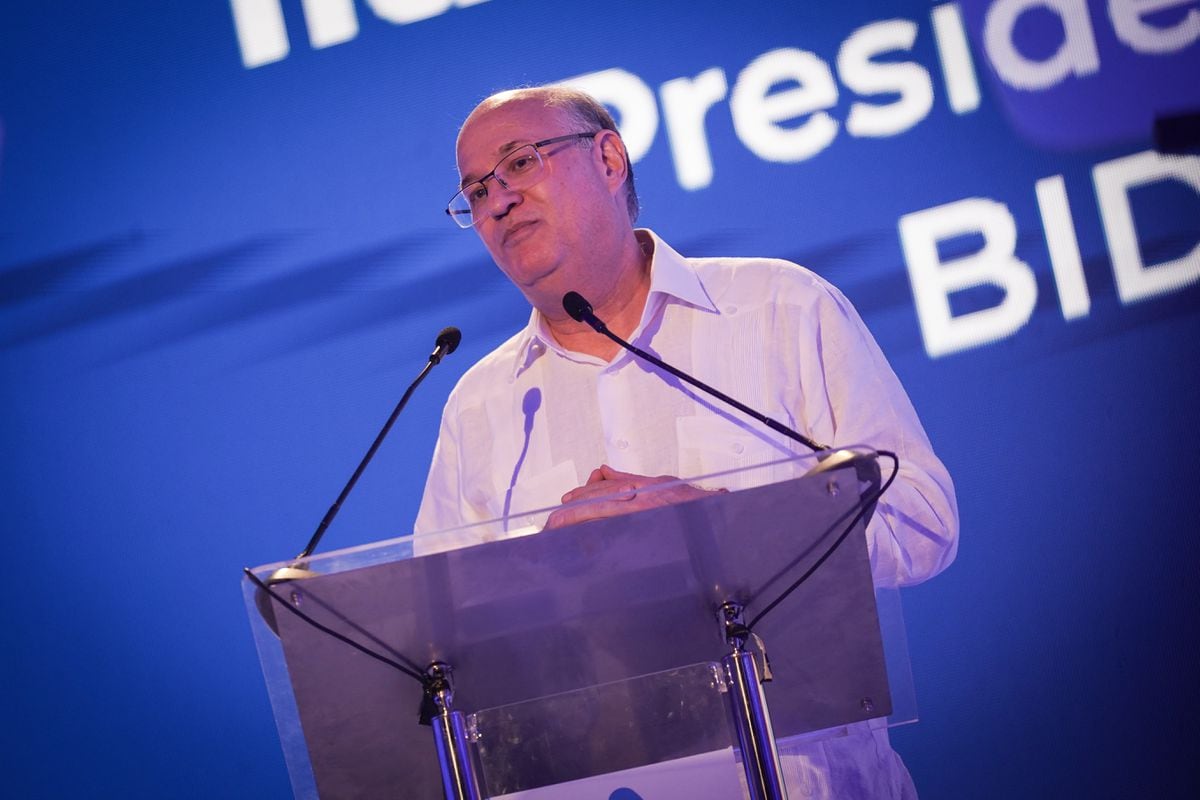
/cloudfront-eu-central-1.images.arcpublishing.com/prisa/IOQ5LVJEOFAEZHGFMYWVXLFURI.jpg)
